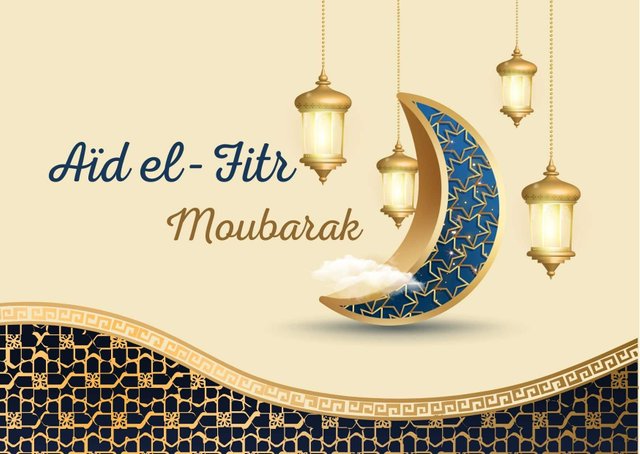
One of the most significant holidays in the Islamic calendar is Eid al-Fitr. The conclusion of Ramadan's one-month fast is marked by a time of joy and celebration. Muslims from all over the world join together to celebrate this happy occasion, and each region's celebration is distinct due to local customs and traditions.
The first day of Ramadan marks the start of the Eid al-Fitr preparations. Muslims devote a month to spiritual thought, prayer, and charitable deeds during which they fast from sunrise to sunset each day. Muslims increase their prayer and spend more time in solitude during the final 10 days of Ramadan, praying and asking for forgiveness.
Preparations are being made as Ramadan draws to a close in earnest for Eid al-Fitr. Muslims make their homes sparkle and buy new clothing for their families and themselves. On the morning of Eid, they also cook a special dish called "Sheer Khurma," which is made of vermicelli, milk, and dates.
Muslims get up early on the day of Eid, take a shower, put on fresh clothes, and then go to the mosque for the Eid prayer. Muslims from all backgrounds congregate for the prayer, which is typically held outside, and to hear the Eid speech. Following the prayer, Muslims hug one another and say the traditional greeting "Eid Mubarak," which translates to "Blessed Eid."
The remainder of the day is devoted to celebrations and feasting. Friends and families visit each other's houses, trade presents, and eat customary foods together. Children are given "Eidi," a modest sum of money, as a present by elders.
Eid al-Fitr is observed in several regions of the world with vibrant parades and carnivals. People take part in the 'Khayameya' procession in Egypt, for instance, while carrying colorful tents made of textiles and singing folk songs. The 'Bunga Manggar' parade is held in Malaysia, and participants parade around with ornate poles decked out in flowers and vibrant fabric.
In conclusion, the Muslim community worldwide rejoices, celebrates, and comes together on Eid al-Fitr. It is a moment to pay gratitude to Allah for his mercy, to reestablish friendships and family relationships, and to consider the benefits of Ramadan and goodwill. Although there are regional differences in the customs and traditions associated with Eid al-Fitr, the festival's core values of love, giving, and community are shared by all.